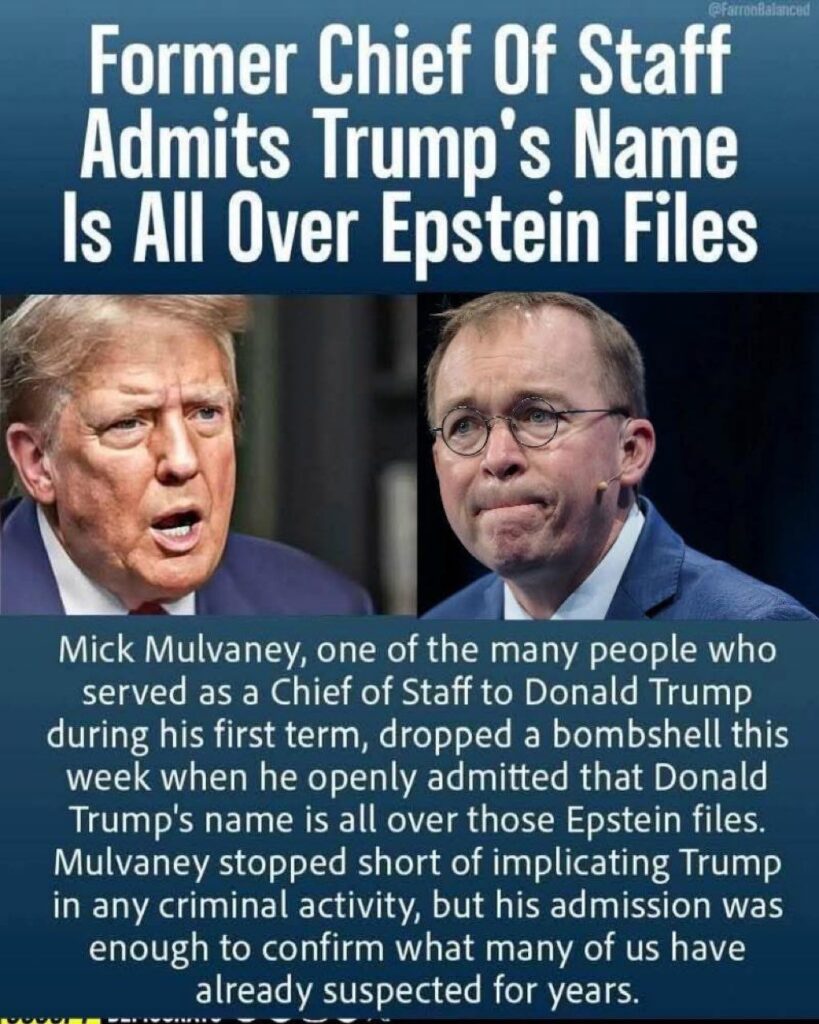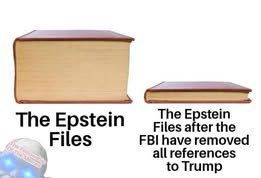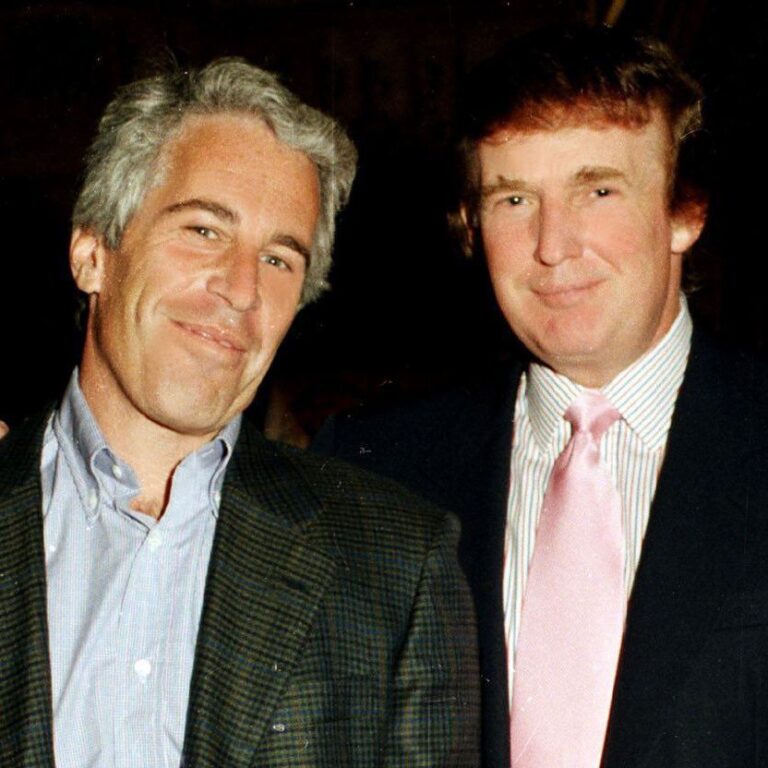The Jeffrey Epstein case has long been a lightning rod for controversy, speculation, and conspiracy theories. The disgraced financier, who died by suicide in 2019 while awaiting trial on sex trafficking charges, left behind a tangled web of financial dealings, influential connections, and unanswered questions. Recent revelations about 4,725 wire transfers totaling nearly $1.1 billion flowing through just one of Epstein’s bank accounts have reignited public interest and fueled demands for transparency. These disclosures, brought to light by Senator Ron Wyden, have raised serious questions about the scope of Epstein’s operations and the Trump administration’s handling of the so-called “Epstein files.” This blog explores the latest developments, the financial intricacies, the political fallout, and the broader implications of the Epstein saga.

The Financial Web: $1.1 Billion in Wire Transfers
In July 2025, Senator Ron Wyden revealed a staggering detail: one of Jeffrey Epstein’s bank accounts processed 4,725 wire transfers amounting to nearly $1.1 billion, with hundreds of millions more flowing through other accounts. These figures, drawn from a Treasury Department file, suggest a vast financial network that raises questions about the sources and destinations of these funds. Were these transactions linked to Epstein’s illicit activities, legitimate business dealings, or something else entirely? The sheer volume—4,725 transfers—points to a sophisticated operation, potentially involving a wide array of individuals, entities, or institutions.
The Treasury Department’s file, described by Wyden as a potential “blueprint” for unraveling Epstein’s financial web, has not been fully disclosed. This secrecy has fueled speculation that the government may be protecting powerful individuals or institutions implicated in the records. While no concrete evidence has surfaced linking these transfers directly to criminal activity, the scale of the transactions suggests a level of financial maneuvering that demands further scrutiny. The lack of transparency has only deepened public mistrust, with 69% of Americans believing the government is concealing information about Epstein’s case, according to a Reuters/Ipsos poll.
The Epstein Files: Promises and Backtracking
The Epstein files have become a focal point of political and public discourse, particularly within the Trump administration. In February 2025, Attorney General Pam Bondi released what was described as the “first phase” of declassified Epstein files, comprising 341 pages of documents, many of which were duplicative or previously released through Ghislaine Maxwell’s prosecution or civil lawsuits. These included flight logs, a redacted “black book” of contacts, and a list of masseuses, but little new information emerged, disappointing those expecting bombshell revelations.
Bondi had initially hyped the release, promising transparency and suggesting the files might contain a “client list” or other explosive details. However, by mid-2025, the administration shifted its stance. A July 2025 DOJ and FBI memo concluded that no such client list existed and that further disclosures were unwarranted due to the presence of sensitive material, including images of victims and illegal content. This reversal sparked outrage among Trump’s base, who felt misled by campaign promises of full transparency.
The administration’s handling of the files has been further complicated by reports that Trump’s name appears in the documents. In May 2025, Bondi briefed Trump that his name was mentioned, though the significance of these references remains unclear. Trump has denied wrongdoing, emphasizing that he ejected Epstein from Mar-a-Lago for inappropriate behavior and dismissing the controversy as “fake news.” The Wall Street Journal reported a risqué drawing sent by Trump to Epstein decades ago, which Trump’s team disputes, further muddying the waters.
Political Fallout and GOP Divisions
The Epstein files have created a political firestorm, particularly within the Republican Party. Trump’s base, particularly the MAGA movement, has long been invested in conspiracy theories surrounding Epstein, believing the government is covering up a network of elite pedophiles. The administration’s failure to release more documents has led to a rift, with some supporters accusing Trump of protecting powerful figures, including himself. Influencers like Tucker Carlson, Steve Bannon, and Benny Johnson have continued to press the issue, while others, like Jack Posobiec, have backed off, redirecting attention to other topics.
In Congress, the Epstein saga has divided Republicans. Representative Ryan Mackenzie, a freshman from Pennsylvania, faced questions at a town hall about the administration’s transparency, expressing support for releasing the files if the White House fails to act. Meanwhile, Democratic Representative Ro Khanna and others have pushed for subpoenas to force the release of DOJ records, with some Republicans crossing party lines to support these efforts. This bipartisan push reflects widespread public dissatisfaction, with a CNN poll showing 50% of Americans, including 40% of Republicans, unhappy with the government’s handling of the case.
The controversy has also drawn attention to Ghislaine Maxwell, Epstein’s convicted co-conspirator, who is serving a 20-year sentence. In July 2025, Deputy Attorney General Todd Blanche met with Maxwell in Tallahassee, raising questions about potential new developments in the case. Maxwell’s appeal to the U.S. Supreme Court to uphold a non-prosecution agreement from Epstein’s 2008 plea deal has further complicated matters, with the DOJ opposing her request.

The unreleased Epstein files, as detailed in a DOJ evidence index, include a trove of potentially revealing materials: logbooks from Epstein’s private island, Little Saint James; boat trip logs; blueprints and photographs of his properties; handwritten notes; financial documents; and over 300 gigabytes of data from electronic devices. These records could shed light on who visited Epstein’s island and the nature of his operations. However, the DOJ has cited concerns about victim privacy and the presence of illegal content as reasons for withholding further releases.
The absence of a “client list,” as confirmed by multiple sources, has not quelled speculation. The financial transactions highlighted by Wyden—4,725 wire transfers through one account—suggest a complex network that could involve prominent individuals or entities. The Treasury Department’s reluctance to release these records, combined with the Trump administration’s backtracking, has led to accusations of a cover-up, particularly among those who believe Epstein’s connections to elites were never fully investigated.
The Broader Implications
The Epstein case is more than a criminal saga; it’s a lens through which to view issues of power, privilege, and accountability. Epstein’s ability to operate for decades, despite allegations dating back to 2005, raises questions about systemic failures in law enforcement and the justice system. His connections to figures like Bill Clinton, Prince Andrew, and Trump himself underscore the challenges of investigating influential networks.
For victims, the ongoing saga is a painful reminder of their trauma. One accuser, speaking to the BBC, described the Epstein files as a “rollercoaster” that weighs heavily on survivors. The DOJ’s stated priority of protecting victims is at odds with public demands for transparency, creating a delicate balancing act.
Politically, the Epstein files have become a liability for Trump, overshadowing his recent successes, such as trade deals with Japan and the Philippines. The controversy has also given Democrats an opportunity to exploit GOP divisions, with figures like Wyden and Khanna framing the issue as a matter of justice for the public over the “rich and powerful.”
The Path Forward

The Epstein files remain a Pandora’s box of potential revelations and political peril. Calls for transparency, backed by near-universal public support (90% of Americans per CBS News/YouGov), are unlikely to fade. The Treasury Department’s file, with its detailed financial records, could provide critical insights, but its release depends on political will and legal considerations. Congress may yet play a decisive role, with potential votes on subpoenas looming in September 2025.
For now, the Epstein saga continues to captivate and divide, a testament to its enduring power as a symbol of unchecked privilege and hidden truths. As new details emerge, the public’s demand for answers will only grow louder, challenging the Trump administration and the broader political establishment to confront a case that refuses to be buried.



